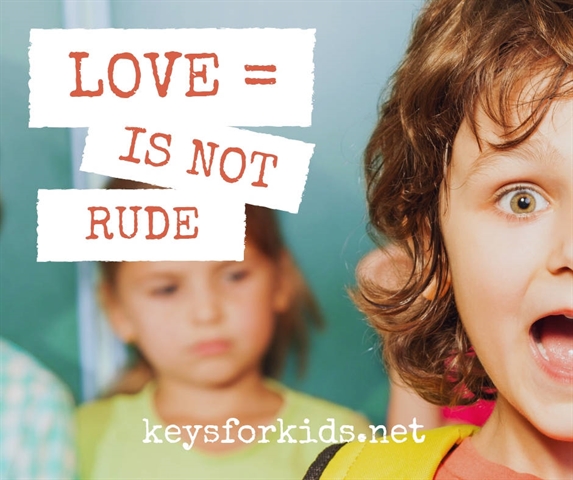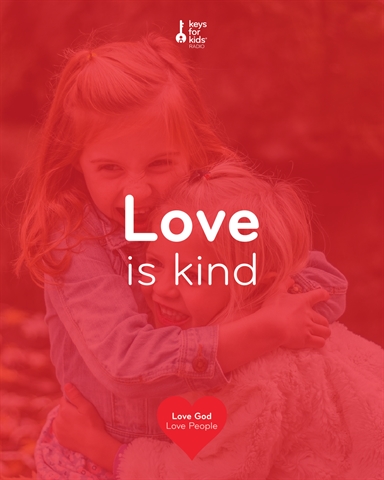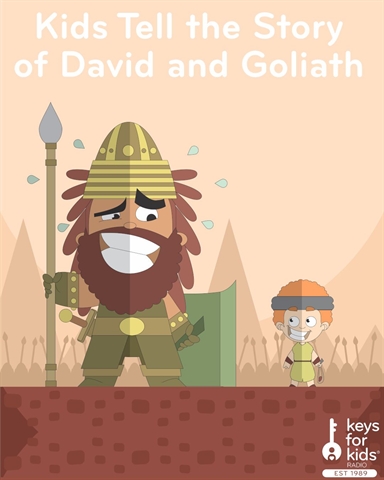What happens if I don’t know the Bible?

What Is True?
Have you ever worried that what you believe might not be true? You might ask yourself, “How can I know what is true?” If you’re a Christian, you can be confident that what the Bible says is true. So if the Bible is true, then you can study and compare what you believe to what you find there. Philippians 4:8 says,
“Finally, brothers and sisters, whatever is true, whatever is noble, whatever is right, whatever is pure, whatever is lovely, whatever is admirable—if anything is excellent or praiseworthy—think about such things.”
And 2 Timothy 3:16,
“All Scripture is God-breathed and is useful for teaching, rebuking, correcting and training in righteousness…”
You can know what is true the same way that Secret Service agents know a fake dollar bill from a real dollar bill. The agents don’t try to figure out each and every way someone could make a counterfeit dollar; they study all the unique aspects of real dollar bills. Then when they find a fake, they instantly know how it fails to match up to the real thing.
When you study the Bible and all that God teaches you within it, you’re becoming more and more familiar with the “real thing”: truth from the One Who created all things. Knowing the truth found in Scripture should shape what you believe; if you learn that something that you believe doesn’t match up to God’s Word, you should change your belief to match the Bible.
Distortions of the truth
So what are some things you might believe that are harmful? I want to share a few that my pastor talked about in his sermon this past weekend:
Guilt
We learn in the Bible that we are each guilty of sin (Romans 3:23). Guilt is knowing that something that you did was wrong. But shame is a distortion of guilt; it says that everything that you are is wrong. But that’s not true—while everybody is messed up by sin, and without Jesus you can’t be saved, He died to redeem you.
Jesus certainly doesn’t believe that everything you are is bad! Instead, if you’re a Christian, you’ve become a child of God! (Ephesians 1:5)
God’s love
God absolutely loves you (John 3:16). And because of His love, He always wants what is best for you (Romans 8:28). But a distortion of God’s love believes that He wants you to be happy doing whatever you want to do, even if it goes against what He says is good and right in the Bible.
God knows that what is best for you and what you want are not always the same thing. If you decide to do whatever you want to do, He will correct you using your parents, His Holy Spirit, or circumstances in your life to bring you back to obedience to Him.
Faith
Faith is an important theme in the Bible. Hebrews 11 is a whole chapter giving examples of amazing faith in the Old Testament. Ephesians 2:8-9 tells us that it’s through faith that we’re able to accept Jesus’ salvation.
But a distortion of faith says that if we just believe hard enough, God will give you whatever you want. This distortion believes that if you’re suffering through an illness, just having enough faith will cause God to heal you. Or if you don’t have much money, with enough faith God will give you a fortune.
But what if God is allowing you to go through an illness to teach you to rely on Him? Or what if your family’s financial situation is a chance for you to grow closer to Him? This distortion of faith can harm your trust in God.
Those are just a few examples of how a false belief can hurt your relationship with God and lead you away from “whatever is true, whatever is noble, [and] whatever is right…” It’s important to read your Bible every day, discuss it with your family, and study it with your church, Sunday school class, or small group. That’s how you can learn what is true, and one of the great ways to know God more.






![[360 VIDEO] Museum Tour!](https://radio.keysforkids.org/wp-content/uploads/2024/06/MOTBUnderConstruction-768x960.jpg)
